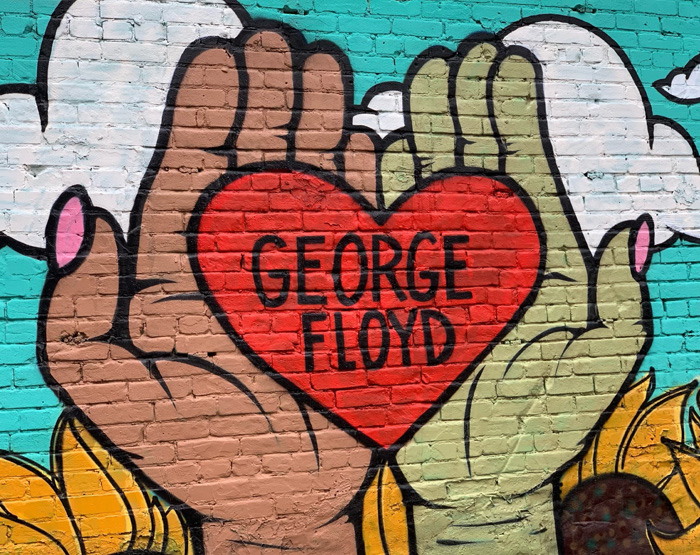Community Statement on Chauvin Verdict

Dear Law School Community,
Over the last few weeks, we have endured the trial of Minneapolis police officer Derek Chauvin, even as we have confronted new instances of police violence against Black and brown people in the U.S. Many of the bystanders who witnessed the murder of George Floyd by Officer Chauvin were forced to relive those 9 minutes and 29 seconds during the trial. Darnella Frazier was forced to relive those horrific moments that she captured on video, which altered the trajectory of this case and prevented it from being submerged in an underground archive of American violence. Ms. Frazier and the other community witnesses were the heroic ones in this trial.
With this verdict, we must also recognize the work of local and national organizers in the Movement for Black Lives and its allied movements, who laid the groundwork for the mass mobilizations that we saw on the streets in 2020. We know that many of those organizers abhor carceral solutions to structural inequity and the further legitimation of policing and imprisonment. However, without their work, Mr. Floyd’s family would not have this moment in which there is state-sanctioned recognition of the violence that was done to Mr. Floyd by Officer Chauvin.
Speaking directly to our students, we draw three insights from this arc of events:
(1) Law and legal process operate in social context. It is highly unlikely that Officer Chauvin would have been prosecuted or that fellow officers would have testified against him without organizing and direct action. Our legal systems are sustained on the basis of feelings of legitimacy, faith, and confidence. These systems have not always or even often given us reason to have faith, especially in the prosecution of police violence. But social action can momentarily force legal actors and systems to become accountable to those who have been victimized by the state.
(2) Lawyering matters. When certain conditions are present, good lawyers can establish for the historical record the violence that has been done. Whether this lawyering opens a counter-narrative about our capacity to achieve justice for Black people and other marginalized communities in the United States remains an open question and depends on the work that we do together going forward.
(3) Important legal work that led to this verdict is manifold and largely outside of the public eye. We need to recognize the National Lawyers’ Guild lawyers and law student observers who wear the green hats at protests; the public defenders and criminal defense lawyers who represent protestors; the public interest lawyers who support social movements; and the legal writers who think critically about the events of the day and push against manufactured consent.
At UCI Law, we are deeply committed to creating a legal profession that more forthrightly confronts structural inequities. We continue to prioritize and expand on these efforts.
Let’s all come together and take care of, support and listen to each other today and every day moving forward with compassion and understanding. We will only make progress through collective effort and solidarity.
Sameer Ashar, Associate Dean for Equity Initiatives and Clinical Professor of Law
L. Song Richardson, Dean and Chancellor's Professor of Law
